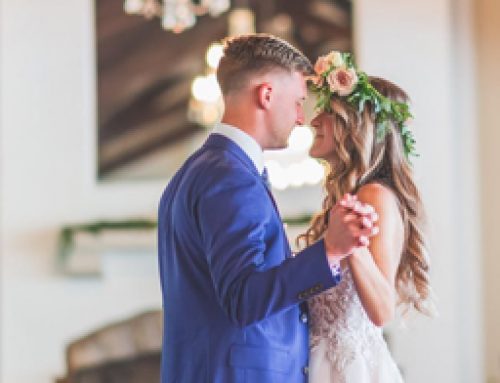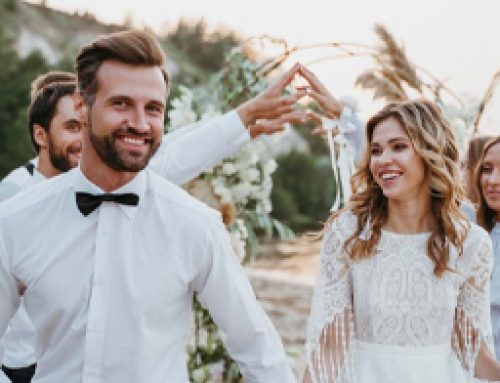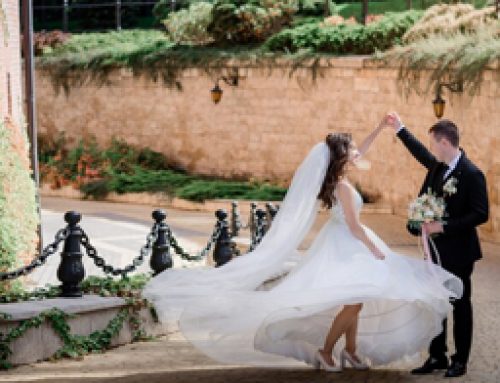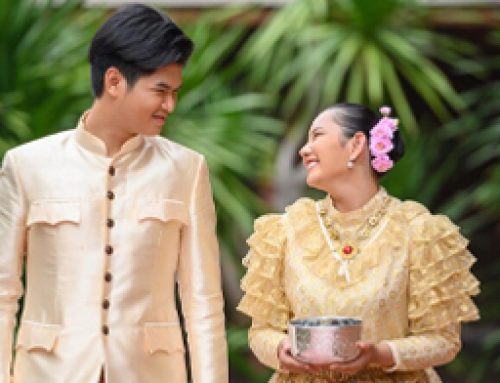African Wedding Traditions
African wedding traditions are diverse and rich, reflecting the cultural heritage and traditions of various African communities and tribes. Africa is a continent with numerous countries and ethnic groups, each with its distinct customs and rituals. While it is impossible to cover all the traditions, let’s explore some common elements and traditions found in African weddings:
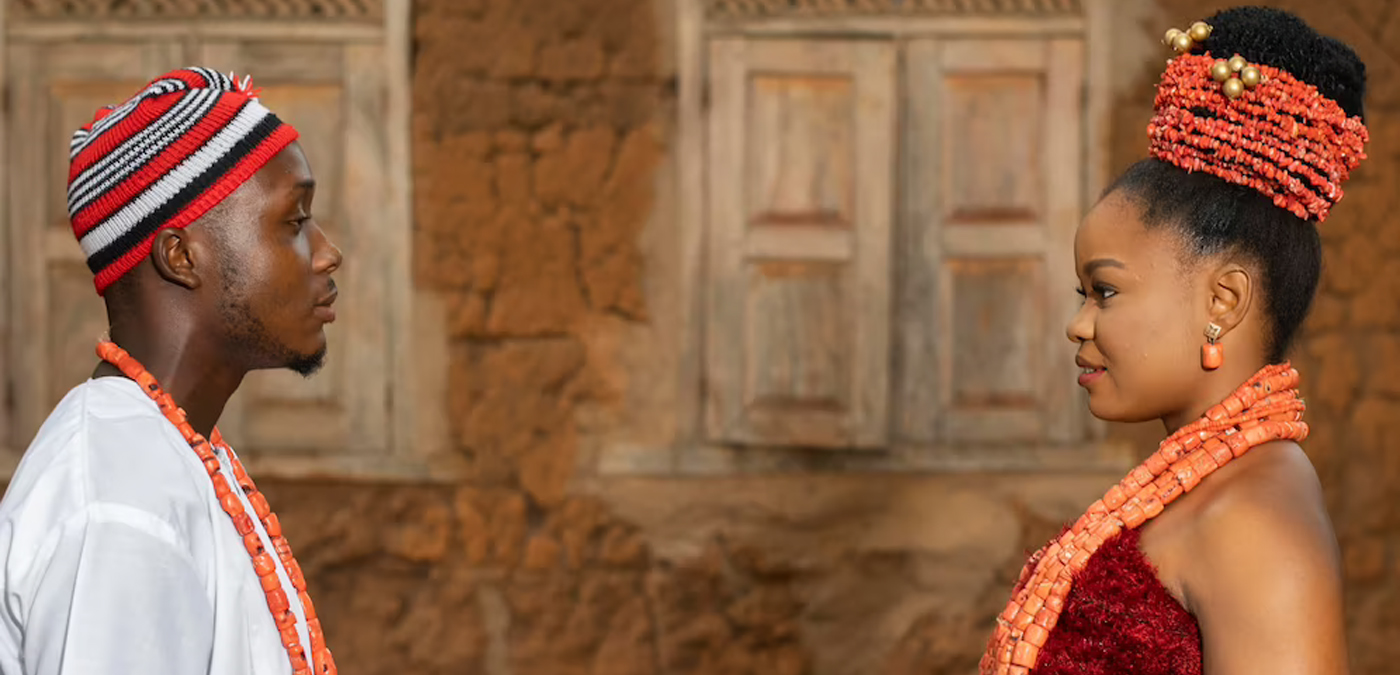
Traditional African Attire:
African weddings are known for their vibrant and colourful attire. Traditional fabrics like kente, Ankara, gele, and dashiki are often used to create stunning outfits for the couple, their families, and the guests. These fabrics are adorned with intricate patterns, symbols, and designs that represent the cultural identity and heritage of the people.
Bridal Preparation and Rituals:
In many African cultures, the bride undergoes various rituals and preparations before the wedding. These rituals may include purification ceremonies, blessings from elders, and traditional beauty treatments. The bride’s female relatives and friends often play an essential role in assisting her and participating in these rituals.
Negotiation and Dowry:
In some African communities, marriage involves negotiations between the families of the bride and groom. This negotiation process determines the bride’s dowry, which can include livestock, money, or other valuable items. The dowry symbolises the groom’s commitment and ability to take care of his future wife.
Traditional Ceremonies:
African weddings often involve multiple traditional ceremonies that reflect the cultural customs and practices of the community. These ceremonies may vary depending on the region and ethnic group but can include:
- Introduction Ceremony: This ceremony serves as an official introduction of the couple to their families and the community. It is an opportunity for both families to meet, exchange gifts, and establish a bond.
- Blessing Ceremony: A blessing ceremony is conducted by religious leaders, elders, or traditional healers to invoke blessings for the couple. Prayers, rituals, and the pouring of libations are common elements of this ceremony.
- Traditional Wedding Ceremony:The traditional wedding ceremony differs from one African community to another but often includes customs such as the exchange of vows, the tying of the knot, or the sharing of symbolic items like kola nuts or honey. Traditional dances, songs, and drumming are also integral parts of these ceremonies.
- Ancestor Acknowledgment: In some African cultures, there is a strong belief in ancestral spirits. Ancestor acknowledgement ceremonies are conducted to honour and seek blessings from departed family members. Offerings, prayers, and rituals are performed to involve the ancestors in the wedding and seek their guidance and protection for the couple.
Festive Celebrations:
African weddings are known for their joyous and lively celebrations. Festivities can last for several days and include feasting, music, dance performances, and cultural displays. Drumming, singing, and traditional music are central to the celebrations, creating an atmosphere of excitement, unity, and merriment.
Community Involvement:
African weddings are community affairs, involving not just the couple and their immediate families but also extended relatives, friends, and neighbors. The community comes together to celebrate and support the union, contributing their time, resources, and talents to ensure the success of the wedding.
Symbolism and Rituals:
African weddings are filled with symbolism, with various rituals representing different aspects of the marriage. These can include the breaking of the kola nut to symbolise unity, the sharing of a cup of wine to signify the couple’s commitment, or the exchange of symbolic gifts to represent the couple’s future responsibilities.
Traditional Cuisine:
Food plays a vital role in African weddings. Traditional dishes and delicacies are prepared to be shared among the guests. The menu often includes local favorites, regional specialties, and traditional recipes that reflect the culinary traditions of the community.
African wedding traditions are diverse, colourful, and deeply rooted in cultural heritage. They celebrate the coming together of families, the preservation of customs, and the unity of communities. Each tradition carries its unique significance, contributing to the overall richness and beauty of African weddings.
If you’re on the lookout for a place to host your wedding, we’ve got you covered. Seasons5 is a luxurious hotel and resort in Point Cook. Our onsite Cinnamon Bay Restaurant can prepare delicious dishes from fresh and local ingredients. We have plenty of gorgeous venues to host wedding ceremonies. You can also unwind from the wedding hustle and bustle at our Day Spa. We also have lovely accommodation options in Point Cook with many amenities for you and your guests to relax in. Call us on 03 8376 5300 or email us at contact@seasons5.com for more details.




